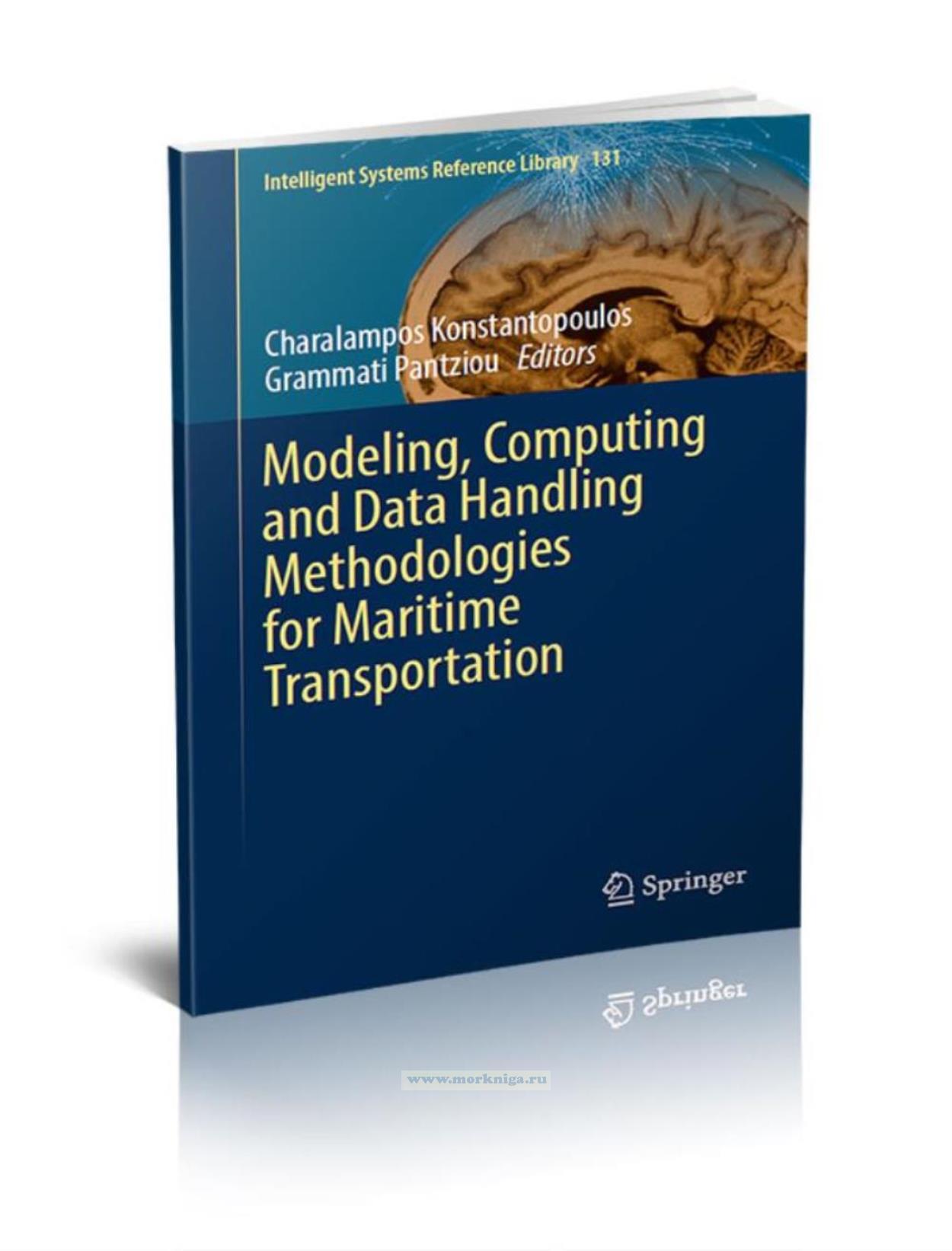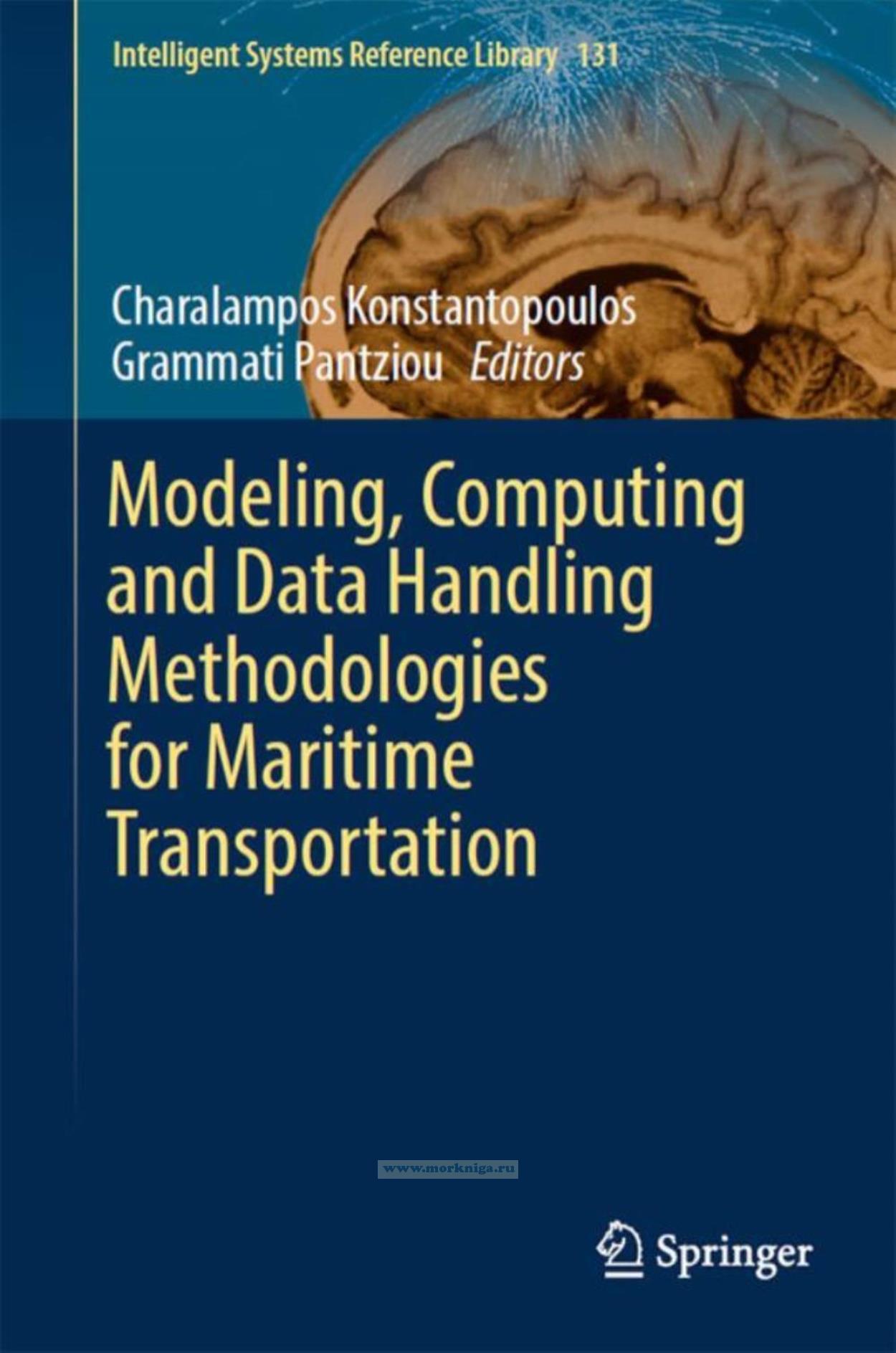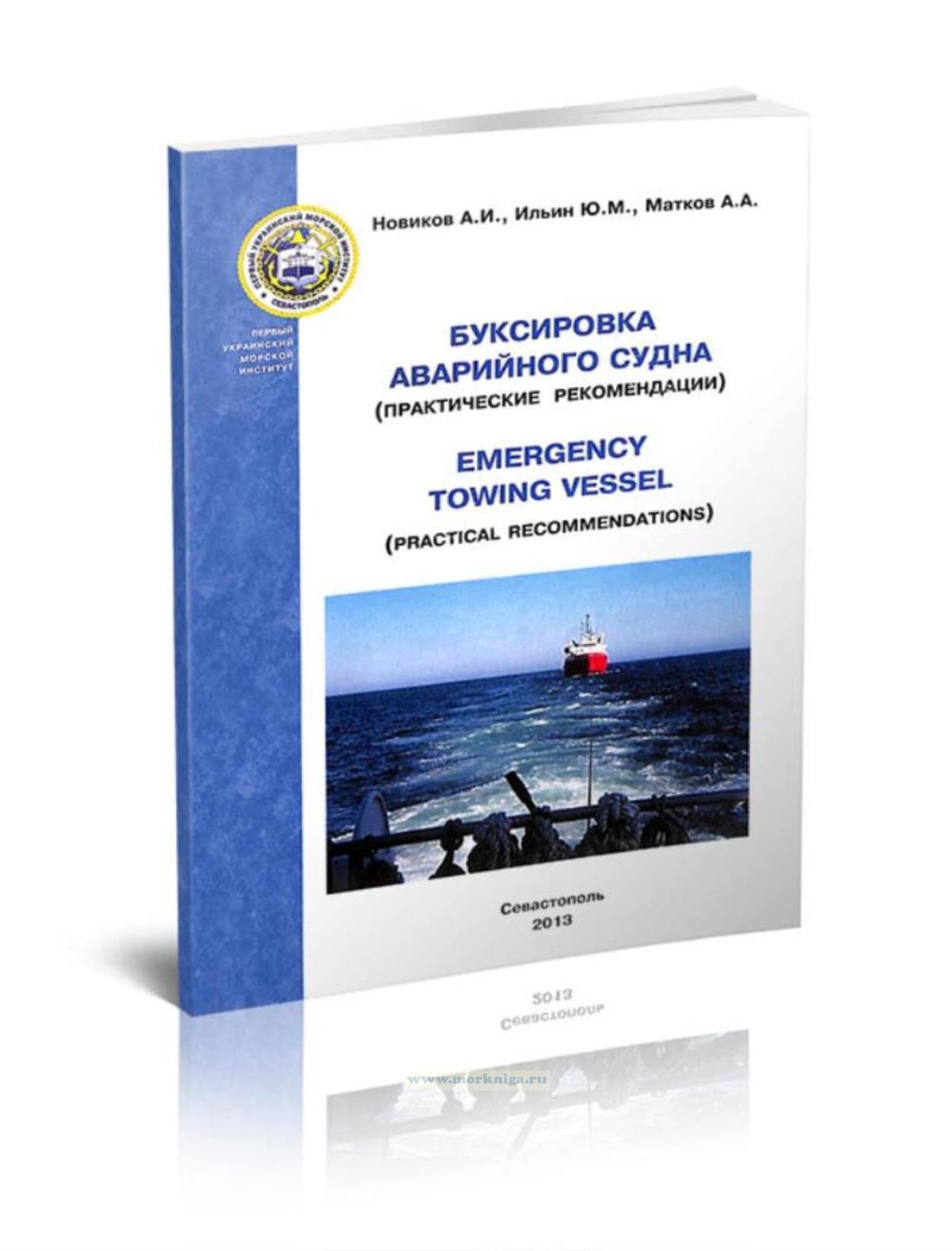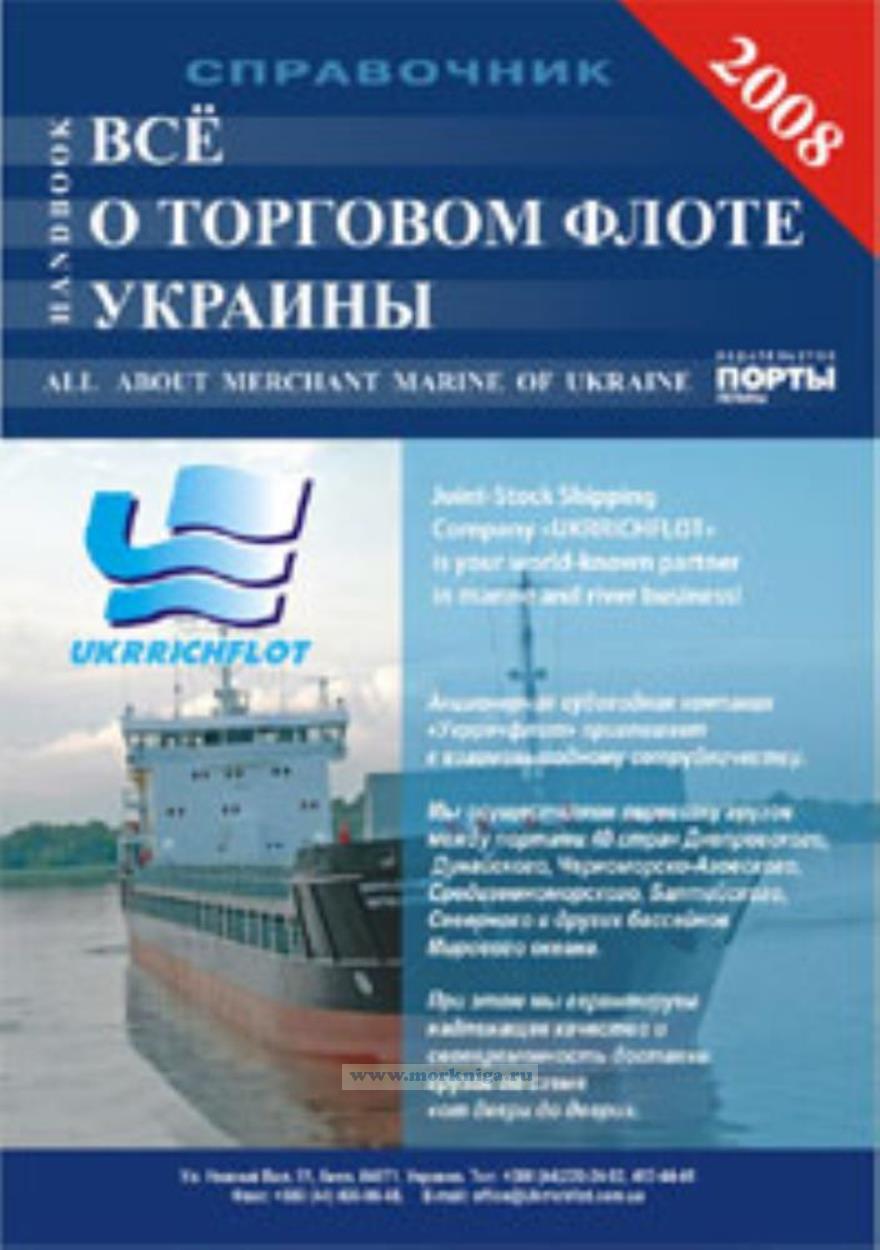Modeling, Computing and Data Handling Methodologies for Maritime Transportation/Методологии моделирования, вычислений и обработки данных для морских перевозок
Innovation is the keyword that drives and brings together the scientific and commercial world these days. Computer science and technologies are usually hidden beneath the success, especially in the disciplines well established before IT revolution in the end of the last century. This is exactly the case in maritime transportation: Ideas of e-navigation, GPS-based logistics, artificial intelligence in routing, or cost optimization are only mere examples of what can be achieved when traditional transportation approaches are boosted by aptly applied computer technologies.
Despite the fact that a significant part of maritime industry has already been somehow IT-supported, there are still issues and aspects waiting to be solved, implemented, deployed, or improved.
A well-known problem of any interdisciplinary research is a lack of common understanding between the specialists. In technical sciences, often there are multiple discipline-specific terms that might be unclear to researches from other fields.
An AI solution applied to marine technology may be misunderstood by IT researchers as well as mariners. The former might not be aware of the problem’s roots and organizational or legal constraints (e.g., COLREGs), while the latter would be puzzled with terms such as «metaheuristic». Thus, it is crucial to establish a communication platform and knowledge exchange. Any interdisciplinary meeting or publication is a step forward. And this precisely is the root of the «Modeling, Computing and Data Handling Methodologies for Maritime Transportation» volume.
This volume comprises of seven chapters proposing solid IT-based models and systems in various maritime transportation fields, ranging from shipping safety and security issues to maritime logistics optimization. Three of the chapters are extended versions of papers from the 1st Workshop on Modeling, Computing and Data Handling for Marine Transportation (MCDMT 2015) in association with the 6th International Conference on Information, Intelligence, Systems and Applications (IISA 2015), July 6-8, 2015, Corfu, Greece. Such workshops as MCDMT are great opportunities to fully integrate transportation and computer science worlds and may contribute to innovation breakthrough in the field. I am happy to notice such initiatives and waiting in anticipation what the next edition of the workshop will bring.
Contents
1 Metaheuristic Approaches for the Minimum Cost Hybrid Berth Allocation Problem
Natasa Kovac, Zorica Stanimirovic and Tatjana Davidovic
1.1 Introduction
1.2 Minimum Cost Hybrid Berth Allocation Problem
1.2.1 Problem Description
1.2.2 Basic Definitions and Notations
1.3 Evolutionary Algorithm for MCHBAP
1.3.1 Representation of Individuals
1.3.2 Generating Initial Population for EA
1.3.3 EA Operators
1.4 Bee Colony Optimization Algorithm for MCHBAP
1.4.1 Implementation Details
1.4.2 Improvement Techniques of BCO
1.5 Variable Neighborhood Search Based Metaheuristic for MCHBAP
1.5.1 Variable Neighborhood Descent for MCHBAP
1.5.2 General Variable Neighborhood Search for MCHBAP
1.6 Experimental Results
1.7 Conclusion
References
2 Ship Stability Considerations in the Quay Crane Scheduling Problem
Noura Al-Dhaheri
2.1 Research in Maritime Logistics
2.2 Ship Stability Consideration
2.3 Outlook and Future Work
References
3 Recent Progress Using Matheuristics for Strategic Maritime Inventory Routing
Dimitri J. Papageorgiou, Myun-Seok Cheon, Stuart Harwood, Francisco Trespalacios and George L. Nemhauser
3.1 Introduction
3.1.1 Literature Review
3.1.2 Contributions of this Chapter
3.2 Problem Description and Formulations
3.2.1 A Discrete-Time Arc-Flow Mixed-Integer Linear Programming Model
3.2.2 Additional Valid Inequalities: Mixed Integer Rounding Cuts
3.3 Matheuristics Explored
3.3.1 Construction Heuristics
3.3.2 Improvement Heuristics
3.3.3 Hybrid Approaches
3.4 Computational Experiments
3.4.1 Benchmarking Experiments with Commercial Solvers
3.4.2 Experiments with Construction Heuristics
3.4.3 Experiments with Improvement Heuristics
3.4.4 Experiments with Hybrid Heuristics for Hard Instances Only
3.4.5 Recommendations for Obtaining Good Solutions Quickly
3.5 Conclusions and Future Research Directions
3.6 Nomenclature
3.7 Appendix
References
4 Evolutionary Computation for the Ship Routing Problem
Aphrodite Veneti, Charalampos Konstantopoulos and Grammati Pantziou
4.1 Introduction
4.2 Problem Definition
4.3 Related Work
4.4 Customization of Evolutionary Algorithms
4.5 Modelization Issues
4.6 Computational Results
4.7 Conclusion
References
5 Decision Support Tool Employing Bayesian Risk Framework for Environmentally Safe Shipping
Sotirios Gyftakis, Ioanna Koromila, Theodore Giannakopoulos, Zoe Nivolianitou, Eleni Charou and Stavros Perantonis
5.1 Introduction
5.2 Vessel Risk Estimation
5.2.1 Probability Estimation
5.2.2 Consequences Estimation
5.3 Historical Trajectories Preprocessing and Clustering
5.4 Decision Support Tool
5.4.1 Description of Tool Functionalities
5.4.2 Technologies Used
5.4.3 Data Analytics
5.5 Decision Support Tool Applications
5.5.1 Queries in Environmentally Sensitive Areas
5.5.2 Marine Traffic Monitoring for Environmental Safety
5.5.3 Influence of Restricted Areas in Marine Traffic
5.6 Conclusions-Future Plans
References
6 A Decision Support System for the Assessment of Seaports’ Security Under Fuzzy Environment
Andrew John, Zaili Yang, Ramin Riahi and Jin Wang
6.1 Introduction
6.2 Literature Review
6.2.1 Analysis of Maritime Security Systems/Measures
6.3 Methodology
6.3.1 Identify Seaports’ Security Systems/Measures
6.3.2 Develop a Generic Security Risk Model
6.3.3 Determine the Weight of Each Security
System/Measure
6.3.4 Adopt Fuzzy Logic and a Belief Degree Concept to Calibrate the Performance of Security Systems
6.3.5 Application of Evidential Reasoning Algorithm (ER) for Security Risk Synthesis
6.3.6 Perform Sensitivity Analysis
6.4 Test Case
6.4.1 Identify Seaports’ Security Systems/Measures
6.4.2 Develop a Generic Security Systems/Measures’ Risk Model
6.4.3 Weight Estimation of Security Risks’ Attributes
6.4.4 Assessment of the Seaports’ Security Systems/Measures Using a Belief Degree Concept
6.4.5 Synthesis of Results Using the ER
6.4.6 Perform Sensitivity Analysis
6.4.7 General Discussions
6.5 Conclusion
References
7 Maritime Simulation Using Open Source Tools: Ship Transits in Bosporus
Murat M. Gunal
7.1 Introduction
7.2 Overview
7.2.1 Literature Review
7.2.2 Geographical Information Systems (GIS)
7.2.3 OpenMap and Simkit
7.3 MaritimeSim Simulation Model
7.3.1 «openmap.properties» File
7.3.2 Running the Application and the «MaritimeSim.bat» File
7.3.3 «SimulationLayer.java» File
7.3.4 «SimulationModel.java» File
7.3.5 «SimulationExtraLayer.java» File
7.4 Experiments and Discussion
7.5 Conclusion
References


 Буксировка аварийного судна (практические рекомендации)
Буксировка аварийного судна (практические рекомендации)  Перевозка опасных грузов водным транспортом
Перевозка опасных грузов водным транспортом  Все о торговом флоте Украины. All about Merchant Marine of Ukraine. 2008. Справочник
Все о торговом флоте Украины. All about Merchant Marine of Ukraine. 2008. Справочник